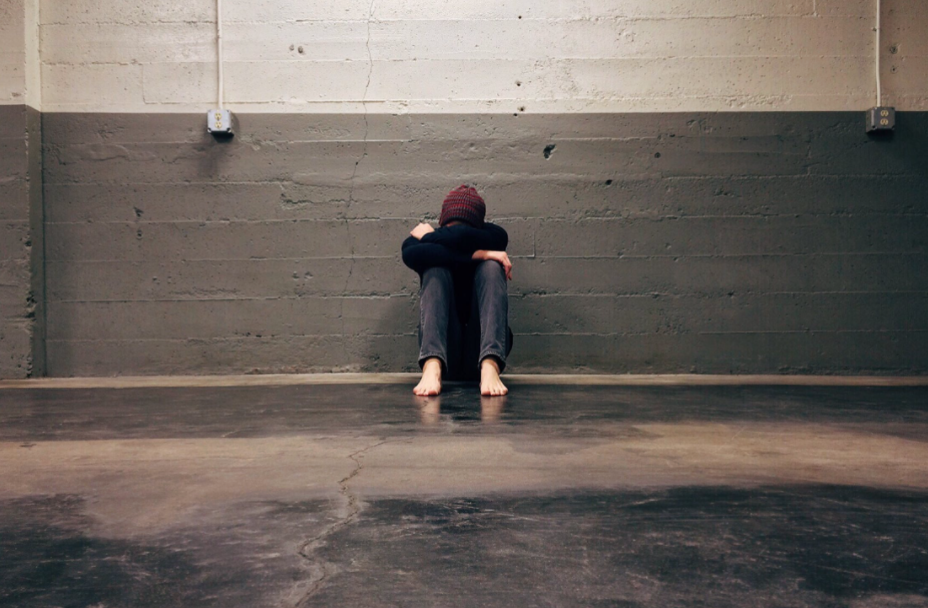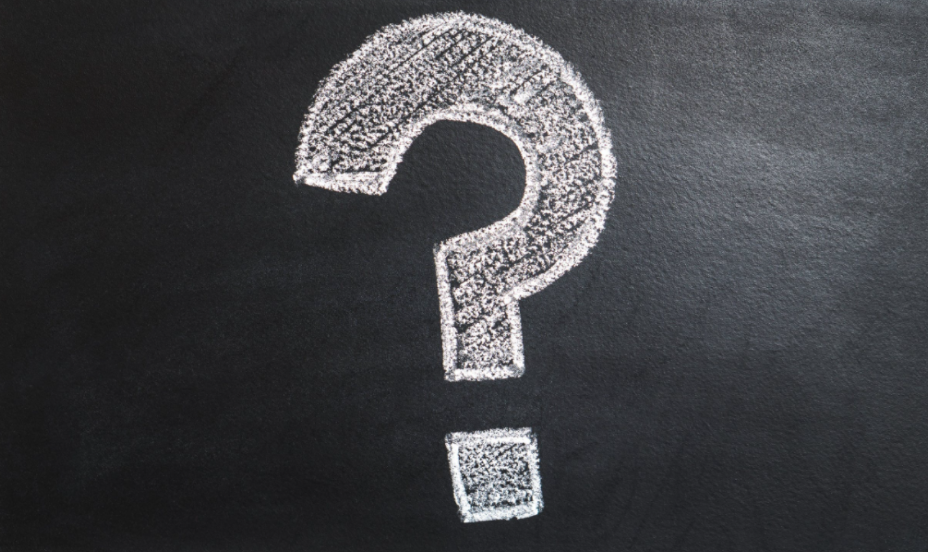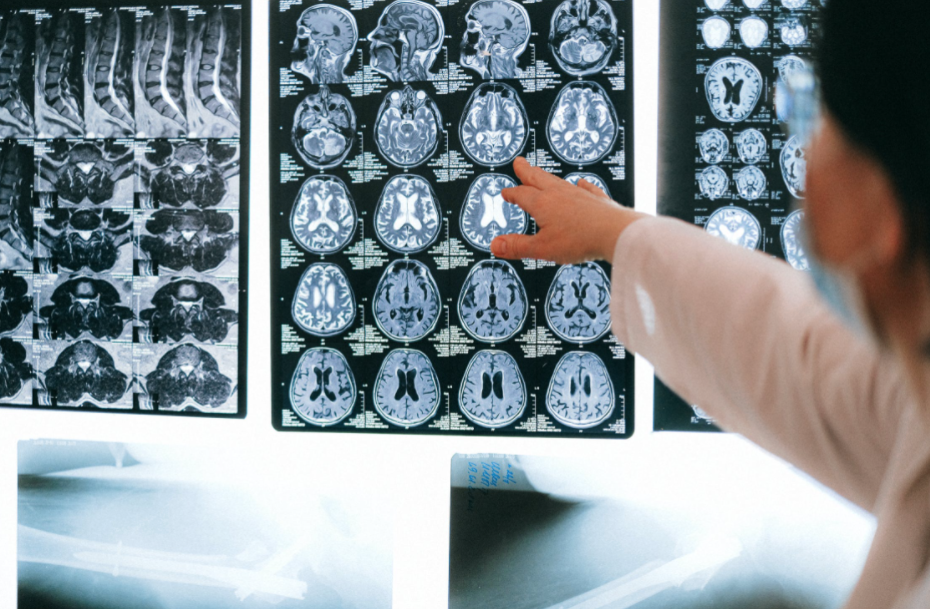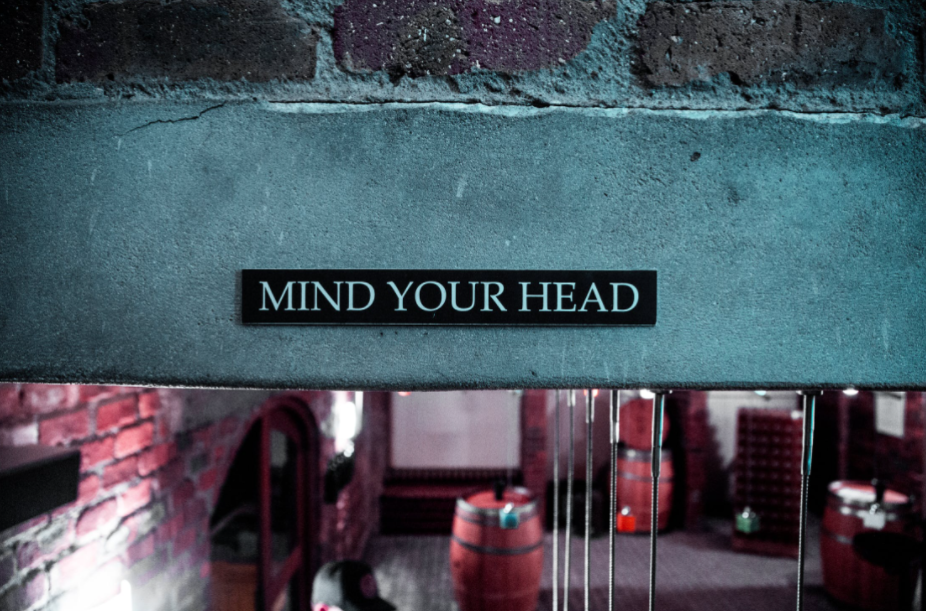
For many patients, the understanding that their drug or alcohol problem stems from a diagnosable disease brings comfort and hope.
For others, the idea seems wrong. I know patients aren’t comfortable with the “disease model” of addiction when they ask me things like:
- Do you really believe addiction is a disease?
- I chose to get high. It was a choice. If it’s a choice, it’s not a disease.
- If I were stronger/better/smarter/happier/richer/etc I wouldn’t keep using. That means it’s not a disease.
- I use because I’m a sinner/bad person/stressed/damaged/angry/etc – not because I have a disease.
- If it’s a disease, why do some people get better without treatment?
All of these statements reflect a mistrust in the disease model of addiction.
Today, let’s look at why my clinic – and most respected medical organizations today – consider addiction to be a disease.
Before the Disease Model of Addiction

Before we began to understand addiction as a disease, addiction was considered a moral failing.
For many years, doctors didn’t know how to treat addiction. We left the work of recovery (viewed then as largely hopeless) to faith-based organizations. When that failed, people with SUD were criminalized and/or institutionalized.
This mistreatment of the disease of addiction continues today in many ways, where we see people suffering from SUD very much overrepresented in our nation’s prisons and jails.
Why Do Most People Who Use Substances Not Go On to Develop an Addiction?

We know that most people who use substances don’t become addicted. Why? What is different about the people who do go on to develop SUD?
The disease model came about because we began to research this question. We began to understand the way addiction works in the brain.
Addiction is a Brain Disease – and Dopamine is an Important Part of That Disease

Addiction is a complex disease, but dopamine, a chemical in the brain that carries signals from one cell to the next, is an important player in the way we understand substance use disorder.
Pathways containing dopamine regulate many different brain functions. Reward-motivated behavior, in particular, is influenced largely by dopamine. Simply put, dopamine is released in our brain as nature’s way of telling us that life-sustaining activities like eating, drinking and sexual expression should be repeated. Dopamine says, “that was great, let’s do that again.”
Addiction hijacks those same dopamine pathways and tells us, “drugs are life-sustaining, let’s do them again.” In fact, substances of abuse release between two and ten times the amount of dopamine as natural rewards like food, drink and sex do. When a person with SUD gets high, their brain activity is actually teaching them that the drug is better – and more important – than natural rewards.
It gets worse, though.
Your Brain Won’t Produce an Unlimited Supply of Dopamine

If you continue to use, your brain starts reducing your overall ability to feel rewards.
When your brain is flooded with too much dopamine, too often, it starts a)reducing the amount of dopamine it releases across the board and/or b)changing the brain structures that receive dopamine so that less dopamine is ultimately processed in your brain. This is known popularly as “tolerance.”
You can’t get the same good feelings, so often what you’ll do is take more and more of the drug to achieve the same high.
Another important thing happens, too: your brain reduces the amount of dopamine it releases in response to natural rewards. Slowly, you’ll find that the “simple pleasures” in life are completely uninteresting to you. Life in general becomes less pleasurable, making it all the more urgent that you score your next high.
But Why Do Some People Develop Addiction and Others Don’t?

Great question.
While we know that the first and initial time you use drugs (or drink alcohol or smoke cigarettes) is, in fact, a choice – we know that what happens next isn’t always best understood that way.
Like other diseases, there are a host of behavioral, psychological, environmental and biological factors that go into the development of substance use disorder.
We know that 50% of the likelihood that any one individual will develop addiction rests with their genes. The other 50% is a mix of factors, like other health conditions, trauma, and experiences of systemic oppression.
If You Need Treatment for Addiction in Portland, We Can Help
At Shanti Recovery and Wellness, our evidence-based treatments are based on the latest, cutting-edge research into the disease of addiction. Our clinic offers a combination of medication, counseling and nutritional support to help treat the disease and reduce or eliminate some of the worst symptoms. Our simple, no-nonsense approach helps people to reclaim their lives from addiction everyday – without the disruption of expensive inpatient programs or time-consuming daily trips to an outpatient clinic.
If you’re ready to start your journey to recovery, reach out today to get started.
